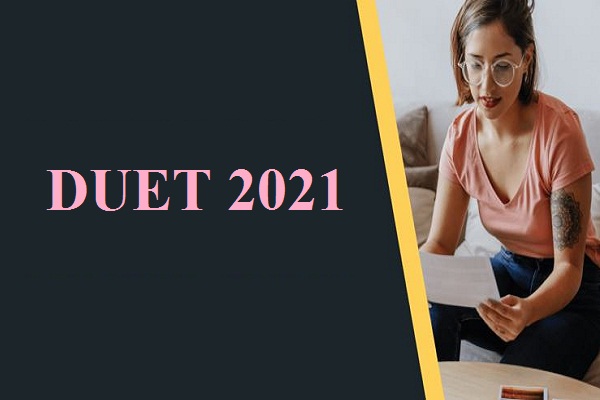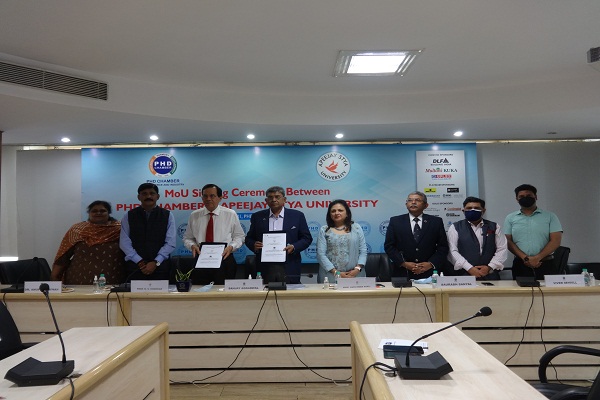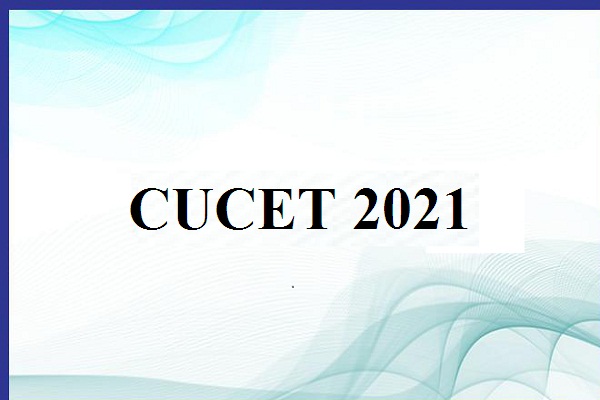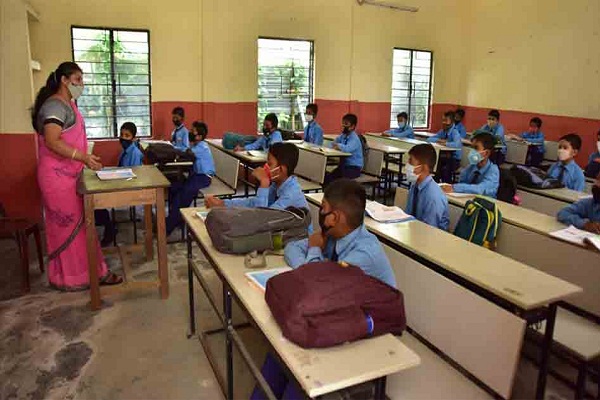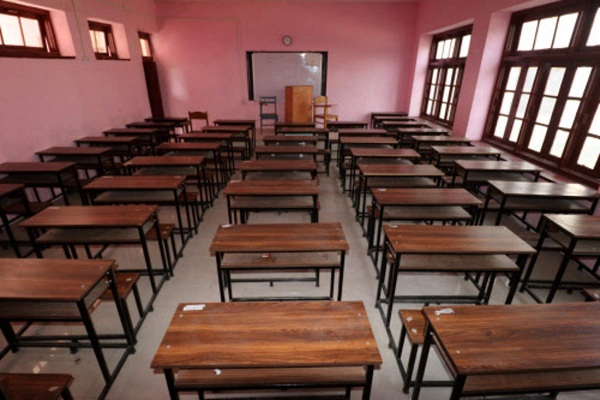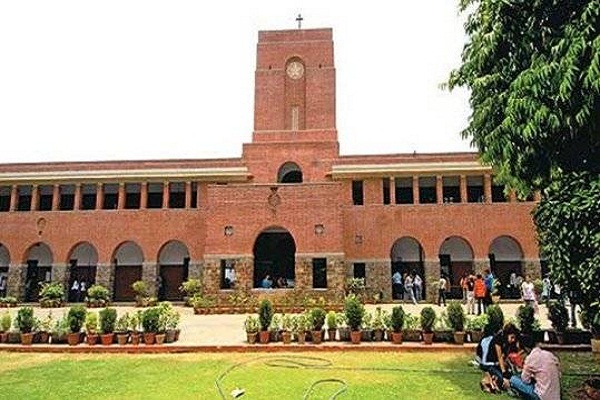IGNOU has announced online submission of applications for Master of Business Administration (MBA) and Master of Business Administration (Banking and Finance) (MBF).
The last date for the online submission of application is September 30. The eligibility, duration, fee, courses, and other details are available on the online portal at ignouadmission.samarth.edu.in.
The university is offering various PG Diploma programmes in management. These programmes are PG Diploma in Marketing Management (PGDMM), PG Diploma in Financial Management (PGDFM), PG Diploma in Human Resource Management (PGDHRM) and PG Diploma in Operations Management (PGDOM).
Also read: IGNOU extends admission and re-registration date for July 2021 Session
The last date to apply for postgraduate programmes is September 15, 2021.
The validity of registration process for students that had to be ended in June 2021, has now been extended to December 2021.








